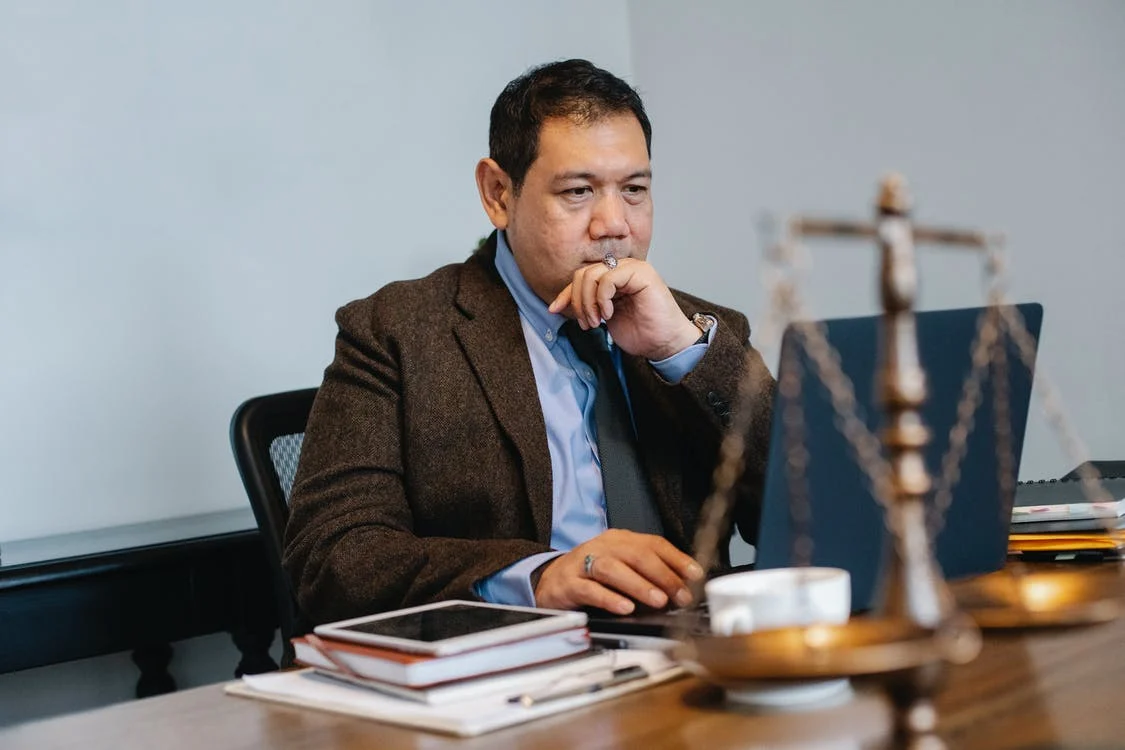Facing violence at home or the workplace has devastating mental and physical effects, making it impossible to lead a regular life. One should take immediate action against stalking, harassment, intimidation, assault, and threatening behaviour to prevent the situation from worsening.
One of the best actions a fellow can take against violent behaviour is applying for an apprehended violence order (AVO) by contacting avo lawyers who are experienced in this subject area and well-versed with its intricacies and processes.
An apprehended violence order protects one from the Defendant (person engaging in violent behaviour) by preventing them from approaching the victim or visiting their home and place of work. It is the safest way of protecting oneself against people who might cause harm.
But before contacting a lawyer to apply for this order, it is helpful to know a few things beforehand. For example, what happens if Defendant breaches the order? Or what are the processes involved in the procedure? How can your lawyer help you? Keep reading the article to find that information and other helpful details below.
Parties involved in the order
An apprehended violence order involves two parties: the person in need of protection (PINOP) and the Defendant (the person accused of violent conduct). It protects the Protected Person against the Defendant, against whom the AVO is issued.
How long does the AVO last?
The court-issued restraining order usually lasts for two years, while an Apprehended Personal Violence Order lasts not more than 12 months. In some cases, the court can extend the ruling for an indefinite time if your lawyer can prove the necessity for it.
What is the method of application?
People have two ways of applying for the ADVO and APVO. In cases where they contact the police after an incident, they will apply for a temporary or provisional AVO while keeping the victim updated with the details and informing them of the court’s date.
The second option is applying for an Apprehended Domestic Violence Order by yourself at the Local Court, for which you will require the services of experienced lawyers.
Known as a private application, the court might refuse to entertain an APVO if it lacks sufficient ground and has no concrete reason or evidence to support it. If the court suspects you of applying solely to cause trouble, it might suggest a mediation.
The attorney will prevent the required evidence before the judge and convince them through arguments regarding the necessity of the restraining order and its importance for your mental and physical well-being.
When does the court approve the order?
The magistrate will approve the order if the Defendant agrees to it, they are convinced that your safety and security are in danger, or the Defendant fails to show up at court on the hearing date.
When Defendant disagrees with the AVO, the matter proceeds to a hearing. In the meantime, your lawyer will apply for an interim apprehended violence order. You will also have to provide written statements to the court before a specific date, after which the court will decide on a hearing.
Your lawyer will represent you at the hearing, in which they will present the necessary evidence and question defendants and their witnesses about matters related to the case. Defendant’s lawyers will also do the same.
The magistrate will take the final decision, which all parties must obey unconditionally.
Getting an ADVO or APVO can be lengthy and complex, so you should hire experienced avo lawyers to handle the case. They will present your arguments convincingly, gather and submit all the crucial evidence, and ensure you get the restraining order for your mental and physical well-being.

